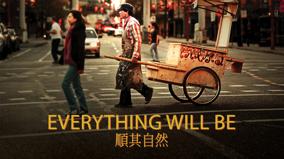Remember Africville
Africville, a small black settlement, lay within the city limits of Halifax, Nova Scotia. In the 1960s, the families who lived there were uprooted and their homes demolished in the name of urban renewal and integration. Now, more than twenty years later, the site of the community of Africville is a stark, under-utilized park. Former residents, their descendants and some of the decision-makers, speak out and, with the help of archival photographs and films, tell the story of that painful relocation.

Details
-
directorShelagh Mackenzie
-
producerDaryl GrayShelagh Mackenzie
-
executive producerGermaine Ying Gee WongSami Fareed Ahmed
-
cameraKent NasonAndré Gariépy
-
soundArthur McKay
-
editingShelagh MackenzieKent NasonEric Campbell
-
sound editingAlex Salter
-
sound mixerHoward England
-
narratorDelvina Bernard
-
musicScott MacMillan
Education
Great
film to use to introduce Black History Month. Assess student's previous
knowledge by asking, "what is Africville?" Discuss. After watching the film,
have students list the pros and cons of living in Africville. Have students
write about what they would do if they were there in 1964 and told to
relocate. Hold a mock City Council Meeting to extend the lesson.

















